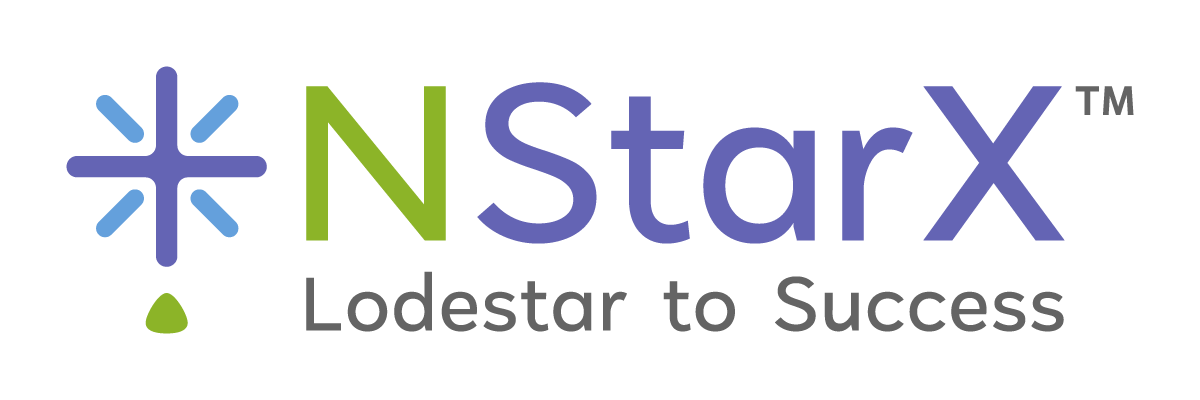Introduction
When we talk about data, the first thing which comes to mind is its security. In today’s enterprise world handling data in the best possible way gives you an edge. Data is sensitive and crucial, and blockchain can make a significant impact on the way critical information is viewed.
Using block chain technology, records cannot be altered and are encrypted end-to-end, preventing fraud and unauthorised activity. A blockchain can also be used to address privacy issues by making data anonymous and restricting access.
What are the obstacles in its implementation?
Blockchain has the potential to revolutionise the way businesses operate by reducing costs, increasing efficiency, and improving transparency. However, blockchain implementation is not without its challenges, and one of the most significant pain points for enterprises is scalability.
Scalability is a critical factor in the success of any blockchain project. The number of transactions that can be processed per second is limited by the network’s capacity, which can be a significant challenge for large-scale blockchain applications. This can lead to delays in transaction processing, increased costs, and reduced efficiency.
How to overcome these obstacles?
One of the solutions to the scalability challenge is to use sharding. Sharding is a technique that allows blockchain networks to be divided into smaller groups of nodes called shards. Each shard processes a subset of the total transactions, increasing the network’s overall processing capacity. Sharding also helps reduce the amount of data that needs to be stored and processed by each node, reducing the network’s storage and computational requirements.
Another solution is to use off-chain processing. Off-chain processing refers to the use of a secondary network to handle transactions that are not critical to the blockchain’s integrity. By moving some transactions off-chain, the blockchain network’s capacity can be increased, improving overall performance.
The benefits of addressing the scalability challenge in blockchain implementation are significant. By increasing the network’s capacity, businesses can process more transactions faster, reducing transaction processing times and costs. This can lead to improved customer experiences, increased revenue, and greater efficiency. Additionally, addressing the scalability challenge can help improve the overall performance and stability of the blockchain network, increasing its attractiveness to users and businesses.
Conclusion
In conclusion, while blockchain has the potential to revolutionise the way businesses operate, scalability is a critical factor in its success. Enterprises need to invest in solutions such as sharding and off-chain processing to address the scalability challenge and reap the benefits of this technology. By doing so, businesses can reduce costs, increase efficiency, and improve transparency, gaining a competitive advantage in today’s rapidly changing business environment.
References
https://www.techtarget.com/searchcio/feature/Top-10-benefits-of-blockchain-technology-for-business
https://www.techtarget.com/searchcio/tip/5-challenges-with-blockchain-adoption-and-how-to-avoid-them
https://www.bitstamp.net/learn/blockchain/what-is-blockchain-scaling/
https://www.investopedia.com/terms/o/offchain-transactions-cryptocurrency.asp



